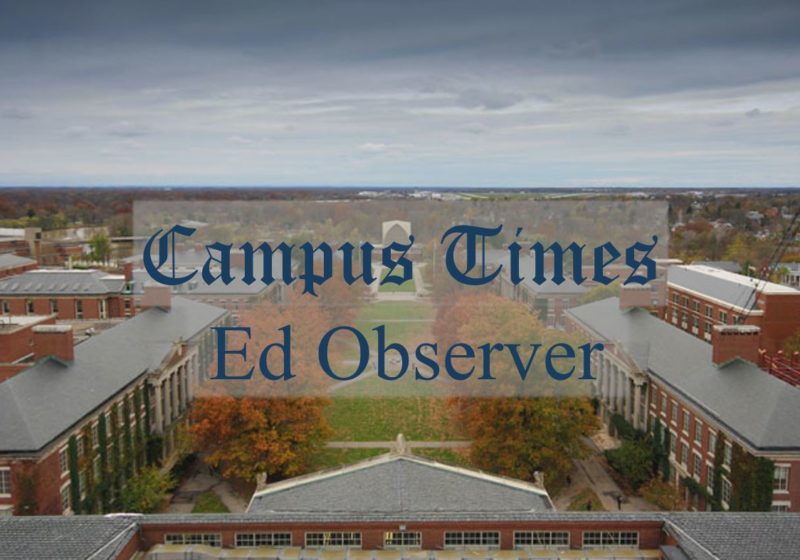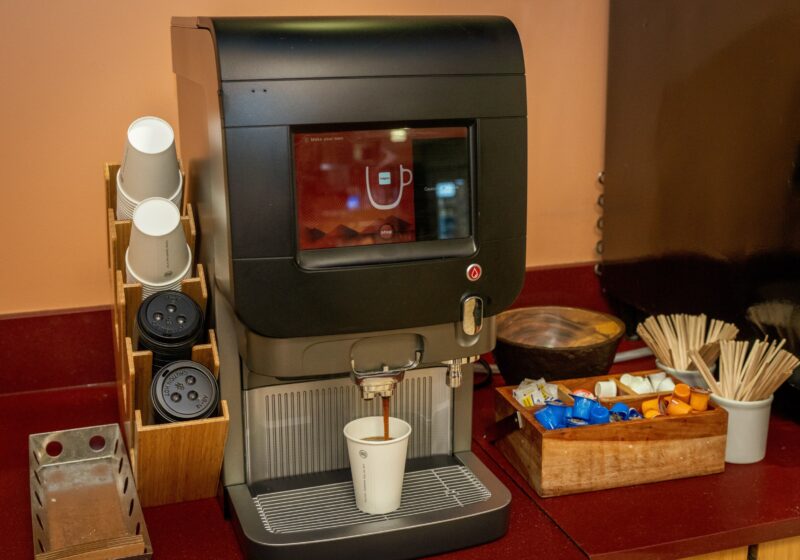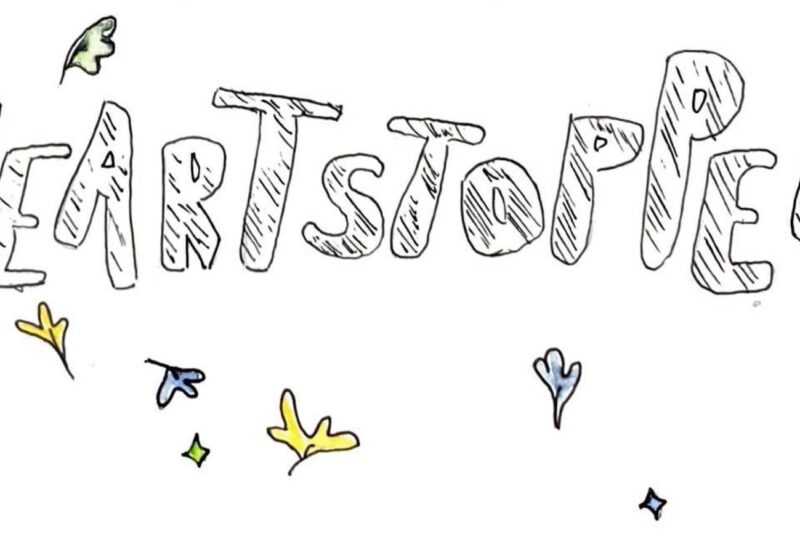I knew very little about Rochester when I decided to go to UR, but the more I learned, the more familiar it felt. I see a lot of the same pains in Rochester that I’ve come to know back home in Baltimore. But it also gives me hope, because there are some things that feel better here.
You can tell a lot about a city by its heroes. I don’t know if I could place a single most prominent hero for my city. Edgar Allan Poe is one of the most widely loved Baltimoreans, and undoubtedly a great American poet, but he’s not exactly an inspiration. He married his own cousin when she was 13, and he was never more than a poet. He was neither a cultural phenomenon nor a political force.
H.L. Mencken, a notable early 20th century journalist and writer, is another hero who was perhaps more impactful than Poe, but the fact remains that Baltimore has no heroes like Susan B. Anthony and Frederick Douglass.
Rochester is right to be as proud as it is of that pair. Few cities could match them.
In 2015, Freddie Gray was killed while in the custody of the Baltimore City Police Department. His case was one of many in the minds of the whole country this summer. It was prominent in my mind as I watched Rochester react to the death of Daniel Prude.
Most people outside of Baltimore call what happened in response to Gray’s death “riots.” In the city you hear that a little, but you also often hear “uprising.”
The protests after Freddie Gray’s murder did undoubtedly turn violent in some cases. But instead of asking why a community felt the need to “riot,” or even just listening to those who weren’t rioting, the national response was more or less to write the whole episode off as violence in Baltimore. After all, it is Baltimore.
When Daniel Prude’s murder was uncovered in Rochester, there were protests similar to those in Baltimore in 2015. But the narrative was different. Maybe it was the way the world has changed in the last five years (and even the last year), but I think there was something else there.
This summer’s protests were decried by some as “inner city violence,” but much of the national response recognized that lie for the coded racism that it is. Some of that was likely because many Americans have grown more understanding between now and 2015. But I think some of it also comes from the fact that Rochester is the city that Frederick Douglass and Susan B. Anthony called home. I don’t have a degree in sociology, anthropology, history, or political science, but I know what I see.
In Baltimore, I saw a Black city where the white kids have very few Black heroes. There are figures like Elijah Cummings, who certainly fits the description, but for much of his life the white suburbs were less than supportive of his work.
I saw a city that didn’t know how to voice its frustrations with its broken systems losing control of that anger, and I saw the suburbanites who claimed to understand the issues at hand recoil in fear, rather than venture toward understanding.
I saw it because I lived it. In 2015, I was going to high school in suburban Baltimore. I saw how even the most liberal white people outside the beltway let fear overwhelm any desire they may have had to understand the protestors. That fear led them to accept police violence.
In Rochester, I see a better way forward. A way where the out-of-state college students seek to help amplify the voices of locals in need. A way where the city accepts that there are issues and looks to fix them. A way where, even though people don’t get the justice they deserve, the community still backs each other up and accepts each other.
Baltimore ignores so many of its problems and divisions. Maybe that’s why its heroes aren’t those who addressed them. Rochester isn’t perfect, but it champions people who fought for the less fortunate, and perhaps that makes it more able to accept that things need to change, rather than simply looking the other way.
I won’t say that Rochester always does everything right, but it feels like the right things are important here. Even though I love Baltimore’s literary history, I’m glad I now get to live in a city that’s building on a history of championing human rights, too.





